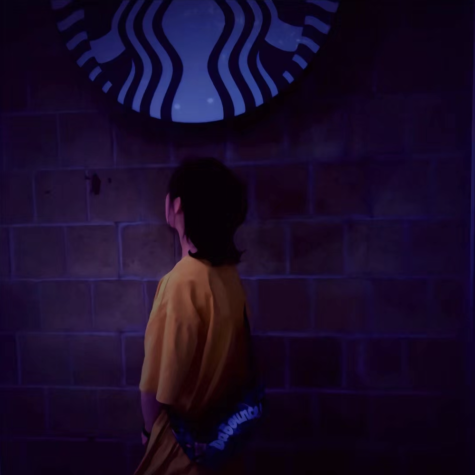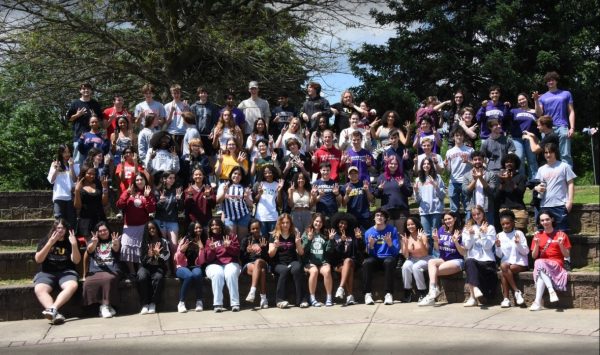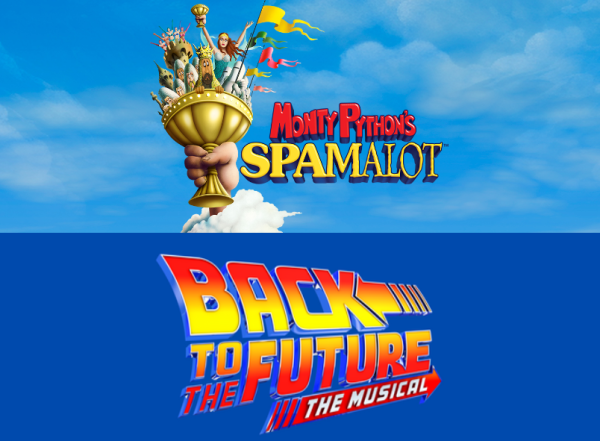A Black Hole of Helicopter Parenting
A famous American psychologist, Lori Gottlieb, found a difficult conundrum in her clinical research: A patient named Lizzie had amazing friendships, a close family, a pair of “awesome” parents, and a rich and stable material life. There also hadn’t been any patients with depression or anxiety in her family history. However, she was “just not happy”. What’s more frustrating is that she couldn’t find out what she was dissatisfied with. What caused Lizzie to grow up in all good circumstances that caused her to fall into an empty black hole?
Lori Gottlieb was puzzled by this difficult case, until more and more patients were similar. Many young people reported that they had suffered from depression or anxiety, lacked a sense of purpose and enthusiasm for life, and found it difficult to make or feel satisfied with decisions. Finally, Gottlieb made the connection: she was surprised to find that there was a “helicopter parent” behind all of these cases.
As in Hamlet, one of Shakespeare’s most famous plays, Ophelia becomes the example of a girl under her father Polonius’s and her brother Laertes’s helicopter parenting control. This type of “Helicopter parents” refers to parents hovering over their children like helicopters, monitoring their children’s actions, providing protection and help, and always ready to come forward to solve problems for their children, hoping that everything can be under their control.
In order to provide children with the correct upbringing, those parents would choose to work hard and exhaust themselves in pursuit of creating a perfect childhood for their children. Helicopter parents generally think that there is no pain in the perfect childhood, nor do they have faith in failure’s ability to promote healthy growth of character. However, under this meticulous and overbearing care, when the children grow up, they often find themselves feeling empty, confused, and anxious. I believe that nobody would want their children to have this kind of feeling, but I did.
Since I experienced this helicopter parenting in China when I was a kid, I believe that a child growing up in this circumstance would act rebellious and aggressive, wanting to go against the restrictions that the parents give. Or some might be afraid to go against their parents and refuse to communicate with them later. This also led Ophelia to finally express herself later that she is not crazy, they just never listened to her. But why would these parents pursue a perfect childhood for their children?
Nowadays, it is undeniable that the children of every family are like treasures. Since “dragon” and “phoenix” are symbolized for power, honor, success, and luck in China, there is a traditional Chinese saying that eager parents are always “looking forward for the son to become the dragon; looking forward for the daughter to become the phoenix.” This causes them to easily become “helicopter parents” once they are overly nervous and anxious. Why are parents of this type becoming more and more common around us? This can be summarized as the following three points: First, parental cognition leads to deviations in education. Many times when they are trying to make up for the missing part of their own childhood, they find a way to treat the child as another “self”. Secondly, social trends are constantly changing and causing anxiety, because parents believe that children cannot be lost at the starting line of their lives and education. Finally, the strengthening of the technological age has enhanced the parents’ sense of “danger” and the fear of “danger”, so they will also strengthen the protection of their children.
Do children need this helicopter parenting? Apparently, no! I think that during the process of education, parents should invest in healthy growth and give children a sense of care and security instead of blindly controlling and locking the child in the “incubator”. Children always have to leave their parents’ side to experience the outside world. The excessive protection and excessive help in a seemingly “perfect” childhood will leave them over time, leaving young adults with only the inner emptiness and future for fear. This must not be the ideal result that we want for our younger generation.

Hi, my name is Shuniu Li, you can call me Skyler. I'm currently a senior and this is my third year in Wildezine and my fifth year at Sandy Spring Friends...






